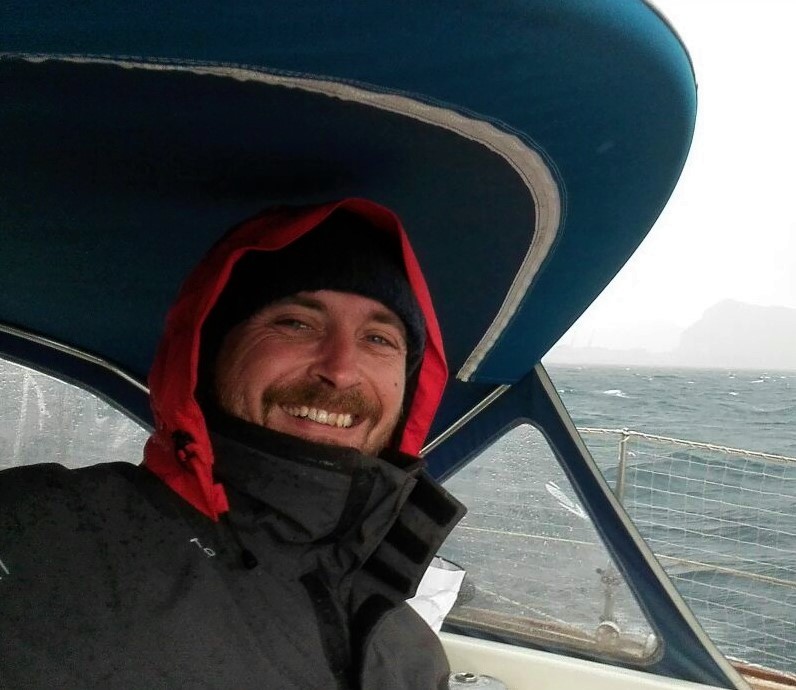 Researcher
Researcher
Stazione Zoologica Anton Dohrn
Sicily Marine Centre
Integrative Marine Ecology Department
Lungomare Cristoforo Colombo (complesso Roosevelt), 90149 Palermo - Italia
Tel.: +39 3282350581
E-mail: carlo.cattano(at)szn.it
Contatto Skype: carlocattano
Research Interests
My research mainly focuses on fish ecology and marine conservation, and integrates different methods and approaches to assess how species and communities respond to environmental changes and anthropogenic disturbances.
Over my study path, I merged in situ observations and manipulative experiments off CO2 vents systems, along with meta-analytical procedures, to evaluate how Ocean Acidification may affect the physiology, reproduction, behaviour and ecology of fish at different life stages and from an individual to a community scale.
After my PhD, I integrated different complementary sampling methods (Baited Underwater Video, Underwater Visual Census, tethering experiments) to document the effects of Small Scale Fishery and Marine Protected Areas on the structure and composition of fish communities.
In recent years, my research activity has integrated ecological and socio-economic approaches to assess how human activities may influence the behaviour and distribution of threatened marine species, with a special focus on sharks. The aim of these investigations is to contribute to shark conservation by promoting specific management measures based on non-consumptive and sustainable use of marine resources.
Selected Publications
Cattano C, Turco G, Di Lorenzo M, Gristina M, Visconti G, Milazzo M. (In press). Sandbar shark aggregation in the Central Mediterranean Sea and potential effects of tourism. Aquatic Conservation: Marine and Freshwater Ecosystems. DOI: 10.1002/aqc.3517
Cattano C, Agostini S, Harvey BP, Wada S, Quattrocchi F, Turco G, Inaba K, Hall-Spencer JM, Milazzo M. (2020). Changes in fish communities due to benthic habitat shifts under ocean acidification conditions. Science of the Total Environment. 725:138501
Aglieri G, Baillie C, Mariani S, Cattano C, Calò A, Turco G, Spatafora D, Di Franco A, Di Lorenzo M, Guidetti P, Milazzo M. (2020). Environmental DNA effectively captures functional diversity of coastal fish communities. Molecular Ecology. https://doi.org/10.1111/mec.15661
Cattano C, Fine M, Quattrocchi F, Holzman R, Milazzo M. (2019). Behavioural responses of fish groups exposed to a predatory threat under elevated CO2. Marine Environmental Research. 147: 179-184
Di Franco A, Calò A, Sdiri K, Cattano C, Milazzo M, Guidetti P. (2019). Ocean acidification affects somatic and otolith growth relationship in fish: evidence from an in situ study. Biology Letters. 15: 20180662.
Cattano C, Claudet J, Domenici P, Milazzo M. (2018). Living in a high CO2 world: a global meta-analysis shows multiple trait-mediated fish responses to ocean acidification. Ecological Monographs. 88(3), 320-335
Cattano C, Calò A, Di Franco A, Firmamento R, Quattrocchi F, Sdiri K, Guidetti P, Milazzo M. (2017). Ocean acidification does not impair predator recognition but increases juvenile growth in a temperate wrasse off CO2 seeps. Marine Environmental Research. 132, 33-40
Milazzo M, Cattano C, Alonzo SH, Foggo A, Gristina M, Rodolfo-Metalpa R, Sinopoli M, Spatafora D, Stiver KA, Hall-Spencer JM. (2016). Ocean acidification affects fish spawning but not paternity at CO2 seeps. Proceedings of the Royal Society B: Biological Sciences. 283(1835), 20161021
Cattano C, Giomi F, Milazzo M. (2016). Effects of ocean acidification on embryonic respiration and development of a temperate wrasse living along a natural CO2 gradient. Conservation Physiology. 4(1).
Sinopoli M, Cattano C, Andaloro F, Sarà G, Butler C, Gristina M (2015). Influence of fish aggregating devices (FADs) on anti-predator behaviour within experimental mesocosms. Marine Environmental Research. 112: 152-159










